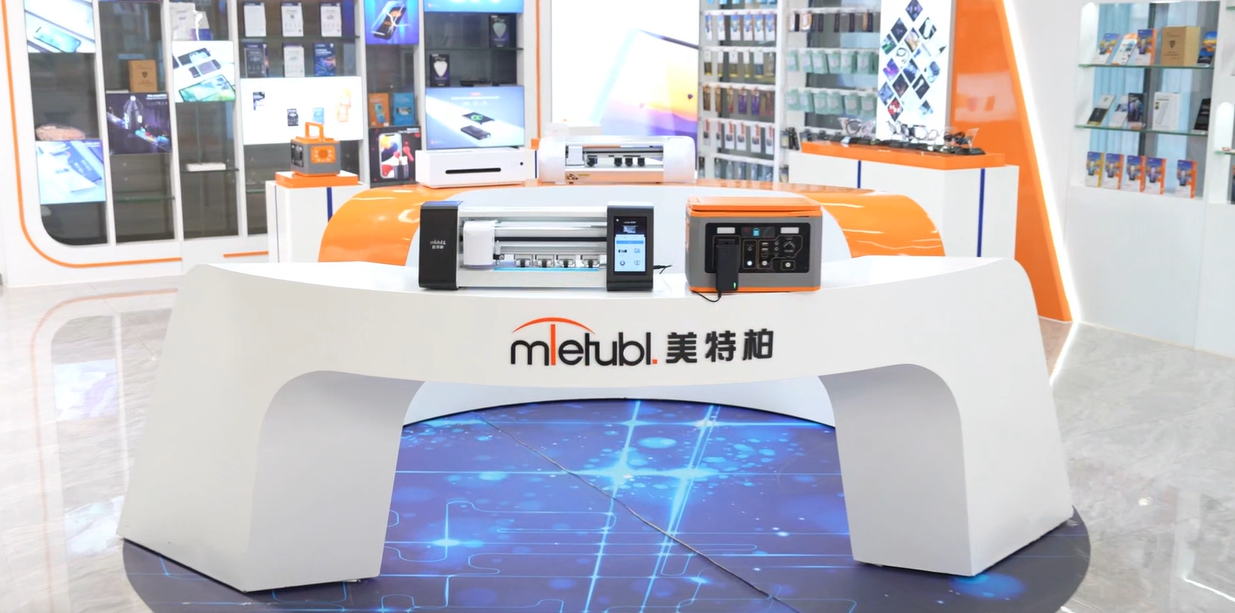
MIETUBL Brand Overview
MIETUBL is a brand originating from China and thriving through China’s intelligent manufacturing. It is committed to providing high-quality mobile accessories and related products to global consumers. Since its inception in 1998, the brand has followed the trends of the times, focusing on resource integration and building a symbiotic and shared industry ecosystem, enabling global consumers to conveniently access quality products that enhance their lives.
By continuously innovating and diversifying its product offerings, MIETUBL has achieved significant success in the mobile accessory industry. As a brand driven by customer value and innovation, MIETUBL has expanded into various product applications while accumulating rich industry experience and establishing a stable customer base. Headquartered in Zengcheng, Guangzhou, the company has strategically positioned itself within the mobile accessory industry, integrating high-quality production resources and aiming for a win-win business model.
Core Values and Development Vision:
-
Customer-Centric: MIETUBL always prioritizes customer needs, continually enhancing product quality and consumer experience through innovation and technological research and development.
-
Resource Integration and Industry Symbiosis: By integrating industry resources, MIETUBL creates a symbiotic, shared industry ecosystem, connecting global distributors and consumers, and promoting mutual growth across the value chain.
-
Global Vision: MIETUBL is committed to bringing Chinese manufacturing to the world, providing global consumers with high-quality, innovative mobile accessories, while offering profitable opportunities for distributors.
MIETUBL’s long-term vision is to continually enhance its products through innovation and quality, establishing “MIETUBL” as a globally trusted brand, recognized in markets around the world.
PRODUCTS
Why Does Tempered Glass with 9H Hardness Protect Against Scratches?
The Mohs Hardness Scale and 9H Rating
Understanding the 9H rating requires a look at the Mohs Hardness Scale. This scale, developed by Friedrich Mohs in 1812, measures a mineral's resistance to scratching on a scale of 1 to 10, with 1 being the softest (talc) and 10 being the hardest (diamond). A material with a rating of 9H sits just below diamond, indicating exceptional scratch resistance. This doesn't mean it's *nearly* as hard as diamond, but it's significantly harder than most common materials encountered daily – like keys, coins, and even knives.
The 9H rating itself isn't a precise measurement of absolute hardness. Different testing methods and standards can lead to slight variations. However, it consistently indicates a high level of scratch resistance, making it a useful benchmark for consumers comparing screen protectors.
The Tempering Process: Key to Superior Strength
The exceptional hardness of 9H tempered glass isn't inherent to the glass itself; it's a result of a specialized heat-treating process called tempering. In this process, the glass is heated to extremely high temperatures (around 600°C or 1112°F) and then rapidly cooled, typically using air jets. This rapid cooling induces compressive stresses on the surface of the glass and tensile stresses in the interior.
This internal stress configuration is what gives tempered glass its exceptional strength and scratch resistance. When a force, such as a scratch attempt, is applied, the compressive stresses on the surface resist the deformation, making it significantly harder to scratch than annealed (regular) glass. If the glass does break, it shatters into small, relatively harmless pieces rather than sharp shards, enhancing safety.
Material Composition and Surface Properties
Beyond the tempering process, the specific composition of the glass plays a role in its scratch resistance. High-quality tempered glass used in screen protectors often contains specific additives to enhance its strength and durability. These additives can alter the glass's molecular structure, making it more resistant to abrasion and chipping.
Furthermore, the surface properties of the glass are crucial. A smooth, highly polished surface is less likely to accumulate microscopic imperfections that could act as nucleation points for scratches. Manufacturers often employ advanced polishing techniques to achieve an exceptionally smooth surface finish, further enhancing the glass's scratch resistance.
Limitations of 9H Hardness
While a 9H rating indicates excellent scratch resistance, it's essential to understand its limitations. While resistant to most everyday scratches, a 9H tempered glass screen protector is not invincible. Very hard materials like diamonds or extremely sharp objects can still scratch the glass. Furthermore, prolonged exposure to abrasive materials or repetitive scratching can eventually wear down even the toughest tempered glass.
It's important to remember that the 9H rating refers to scratch resistance, not impact resistance. While tempered glass is stronger than regular glass, a significant impact can still cause it to crack or shatter. Using a case in conjunction with a screen protector provides optimal protection against both scratches and impacts.
SUBSCRIBE
INQUIRY